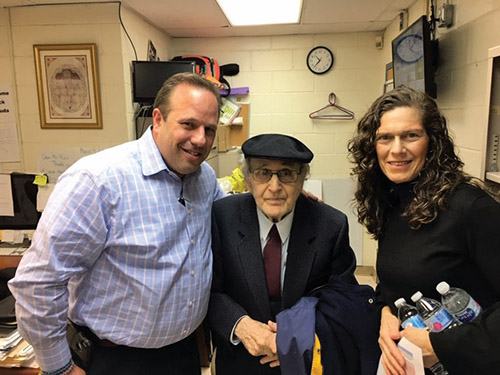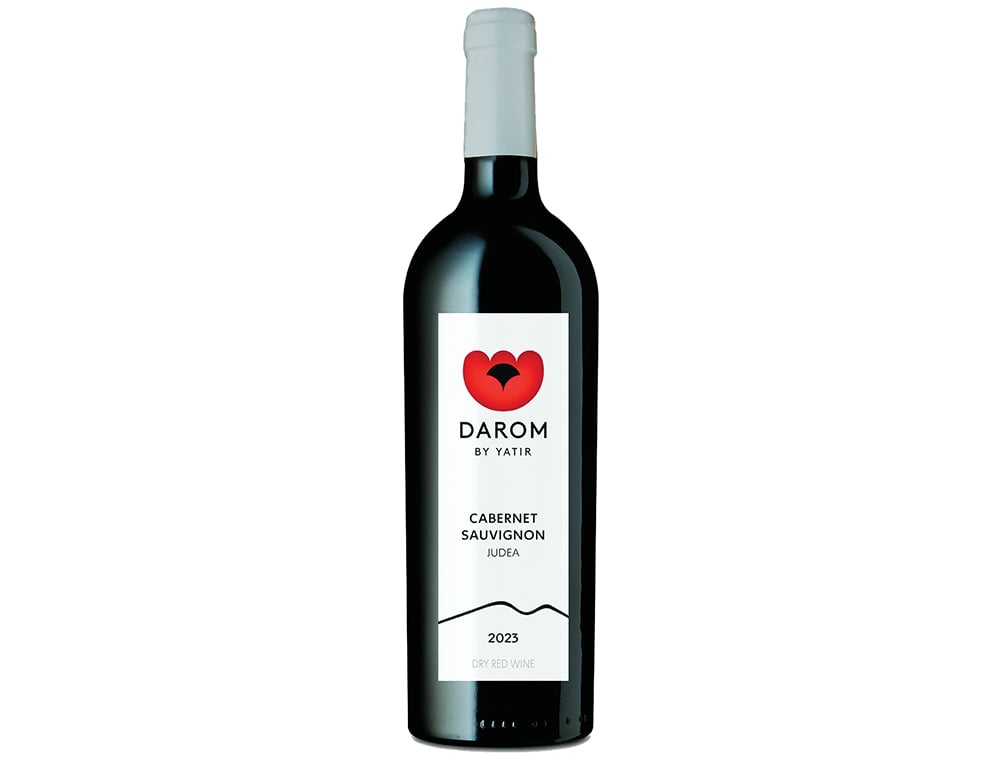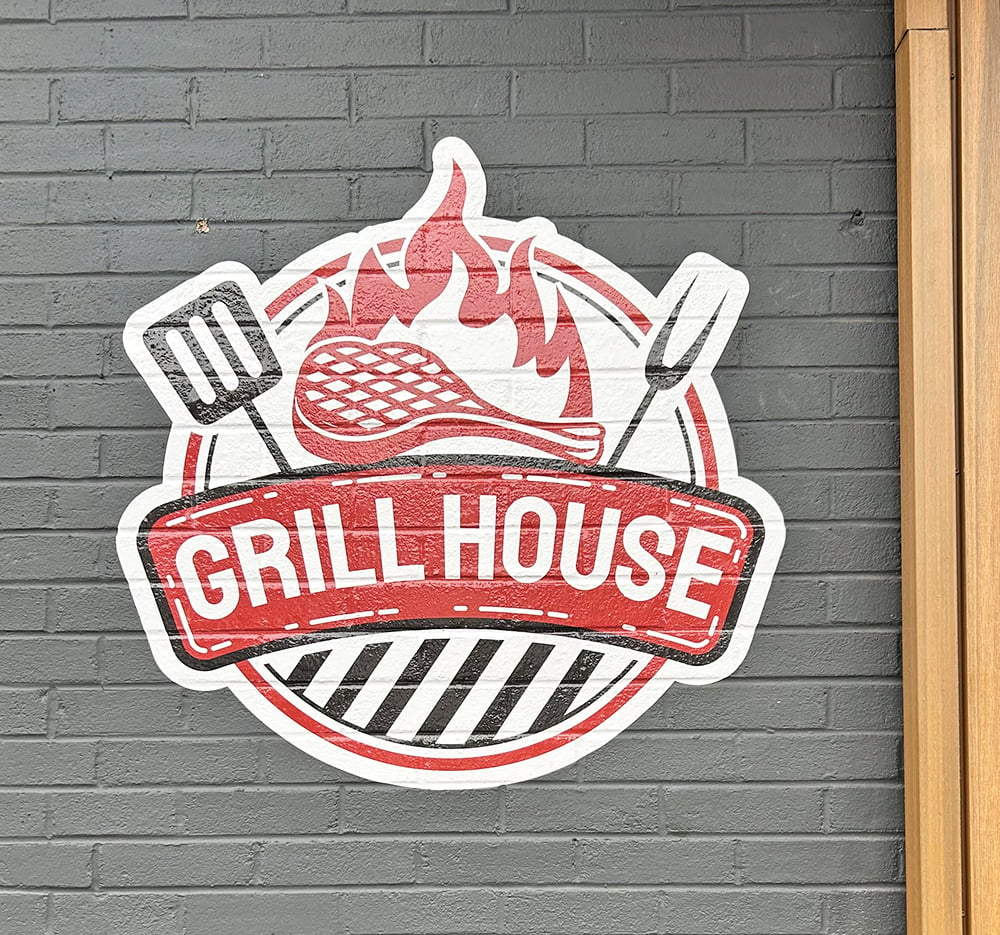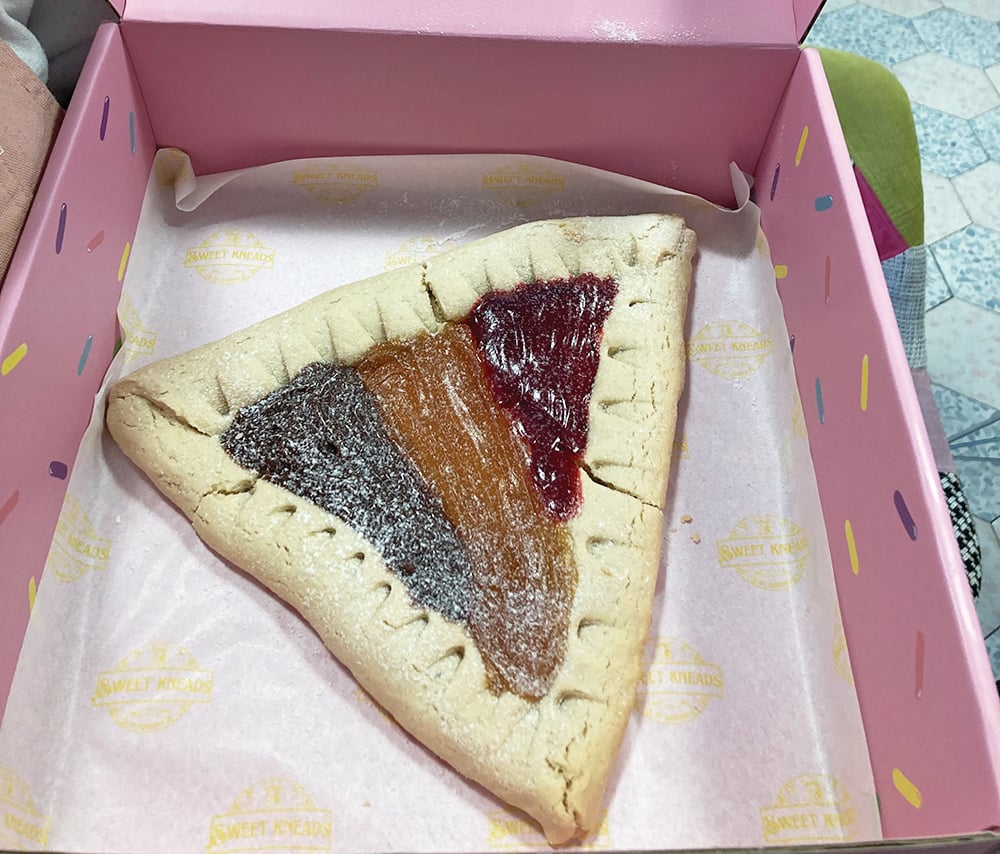

Occasionally, a Yeshiva’s leadership sees an opportunity to think ‘out of the box’ and develop an annual dinner plan that makes a bold statement. They use the dinner to advance some of the bedrock values of the school and the community.
This year, the Rabbi Pesach Raymon Yeshiva (RPRY) in Edison took such an approach and will honor 35 local Holocaust survivors, all with ties either to the Yeshiva and/or the local Jewish community. The dinner on Sunday, May 19, will also serve to celebrate RPRY’s five years of involvement in the Names, Not Numbers © project, which has revolutionized the school’s Holocaust education program for eighth graders.
RPRY President Tova Renna explains that the Names, Not Numbers © project engages eighth grade students in many different ways, enabling them to learn interviewing techniques, experience filmmaking, perform substantial research and hone their interpersonal skills. The project also adds a deeply personal connection for the students to a searing Jewish historical episode of the last century. Renna estimates that in the past five years over 150 RPRY students have been involved in the Names, Not Numbers © project.
The community member who brought Names, Not Numbers © to RPRY is Susan Wiesel of Edison, the daughter of two survivors—Rachel and Imre, z”l Lefkovits. She attended a Names, Not Numbers © screening at Rae Kushner Yeshiva High School in Livingston six years ago, in which her aunt and uncle were interviewed, and was moved to tears. She worked with then-RPRY Head of School Rabbi Shraga Gross to help the yeshiva to become a participant.
Wiesel was motivated to see Names, Not Numbers © come to RPRY because she’d noticed that over the years, as the survivors aged, they became less visible and were acknowledged less in the community. She also knew that “the clock was ticking” and the opportunities to capture their stories on film were limited. Wiesel has been involved with the Names, Not Numbers © project at RPRY as a very active volunteer for all five years, working with others on the video editing and on the annual dinner for the eighth grade student interviewers and their survivor interview subjects. She is passionate about the impact the project has had on her mother, on many other survivors interviewed, and on the student interviewers. “It touches their lives profoundly,” she said.
While the Names, Not Numbers © project has a standard format, the impression it can make at each school can vary. At RPRY the effect has been remarkable.
“Names, Not Numbers © has had an incredible impact on RPRY,” said Rabbi Daniel Loew, head of school at RPRY. “Many people are familiar with the culminating event we have at the end of the year—a screening of the film portraying the experience of our eighth graders in creating their documentary of Holocaust survivor interviews. We have been blessed to have a large crowd each year.”
“Beyond this one event, the entire program makes an indelible impression on our eighth graders,” he continued. “They don’t just hear the story of a Holocaust survivor; they develop a relationship with a Holocaust survivor. They make a personal connection to their past, and they gain a role model of strength, faith and optimism for the present and future. This also affects the rest of the school. Seeing how much kavod/honor the eighth graders show the survivors sets an example for the younger students and makes them eagerly anticipate their opportunity to participate in the program.”
Rabbi Loew’s view is echoed in the experience of two current RPRY eighth graders, Max and Joey Ostroff. Max interviewed survivor Leah Klapoltz and commented, “Interviewing Mrs. Klapoltz was a lot different than hearing Holocaust stories secondhand. Hearing them from her gave it more backbone, and made the history more real to me than hearing it from another source.” Joey interviewed survivor Rachel Sambul and commented, “I’ve read a bunch of stories about the Holocaust, but I’ve never heard a firsthand account. Mrs. Sambul shared real stories about real people. Textbooks can’t give me that experience.”
RPRY’s Names, Not Numbers © project also deeply touches both the survivors involved and their children. Milton Erdfarb of Highland Park commented, “Both of my parents were refugees from Europe, who were victimized by the evil Nazi empire. My personal mission, which permeates my life, is to assure that I use any opportunity to share my parents’ experiences whenever I can. I was honored that my mother of blessed memory, Marianne, had the chance to share her experiences on a previous Names, Not Numbers © feature and humbled by RPRY’s initiative to honor her and other survivors at this year’s dinner. I am also quite pleased that my wife Debbie and I can aid in this effort as the parents of RPRY graduates and grandparents of current RPRY students.”
The school’s decision to celebrate Holocaust survivors at this year’s dinner has resonated well with the honorees, demonstrated by the fact that 37 local survivors have agreed to participate. Irene Balsam of Highland Park, whose family fled Germany in 1933 when she was 15 months old then later fled France in 1938, resettling in the U.S. in 1941 with only $14 in their pocket, commented that for many years she did not respond to requests to share her story because she felt that her tale was not significant. But she recently agreed to do so because “Leslie Ostrin is very persuasive.” Irene said she is very grateful for RPRY’s decision to honor her and the other survivors. She commented that she is “so pleased to see all that RPRY is doing to make people aware of Jewish history and all we’ve been through.”
Another survivor being honored, Fay Baumfeld of Highland Park, spoke about the importance of “remembering where the Jewish people come from and being educated in the ways of the Torah,” two things RPRY excels at, because they provide a framework to understand the horrors of the Holocaust. Dr. Eugene Gottlieb of East Brunswick, who is being honored with his wife, Ruth, stated, “I’m humbled to be honored by RPRY and find it a poignant chapter in my life, as I was born in Germany in 1933, the year when Jewish rights and freedoms disappeared. It is very gratifying to be associated with RPRY, which offers students a strong religious and secular education.”
The RPRY annual dinner will be held on Sunday, May 19, at 5 p.m. at Rutgers-Chabad. For information on dinner costs and ad rates, please see: www.rprydinner.org.�
By Harry Glazer
�













